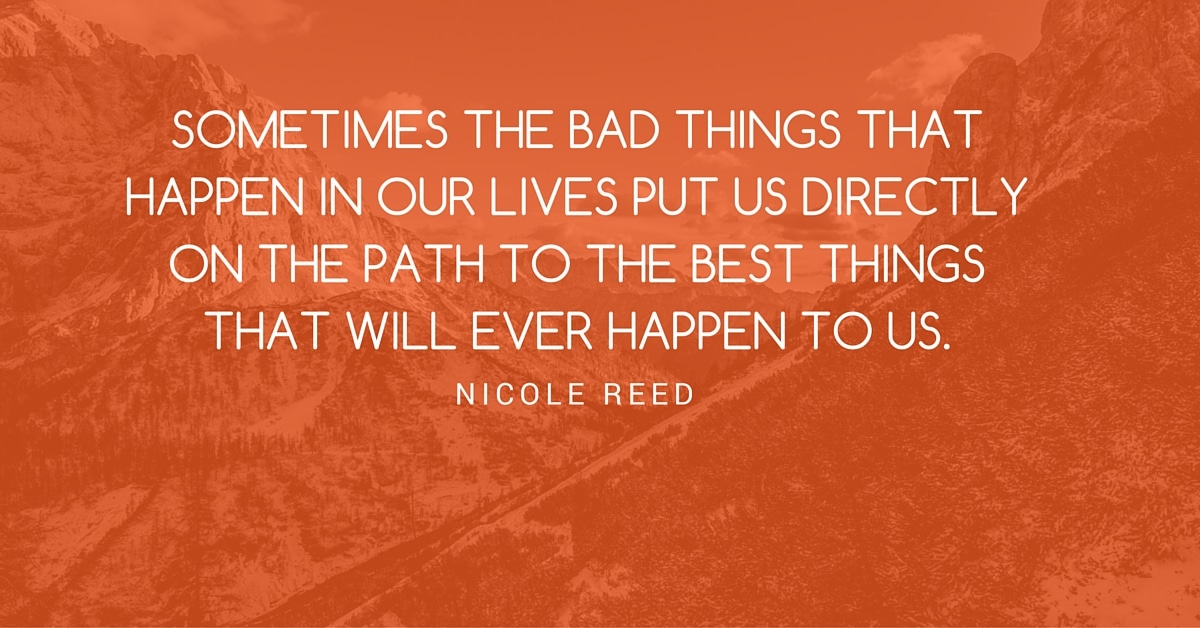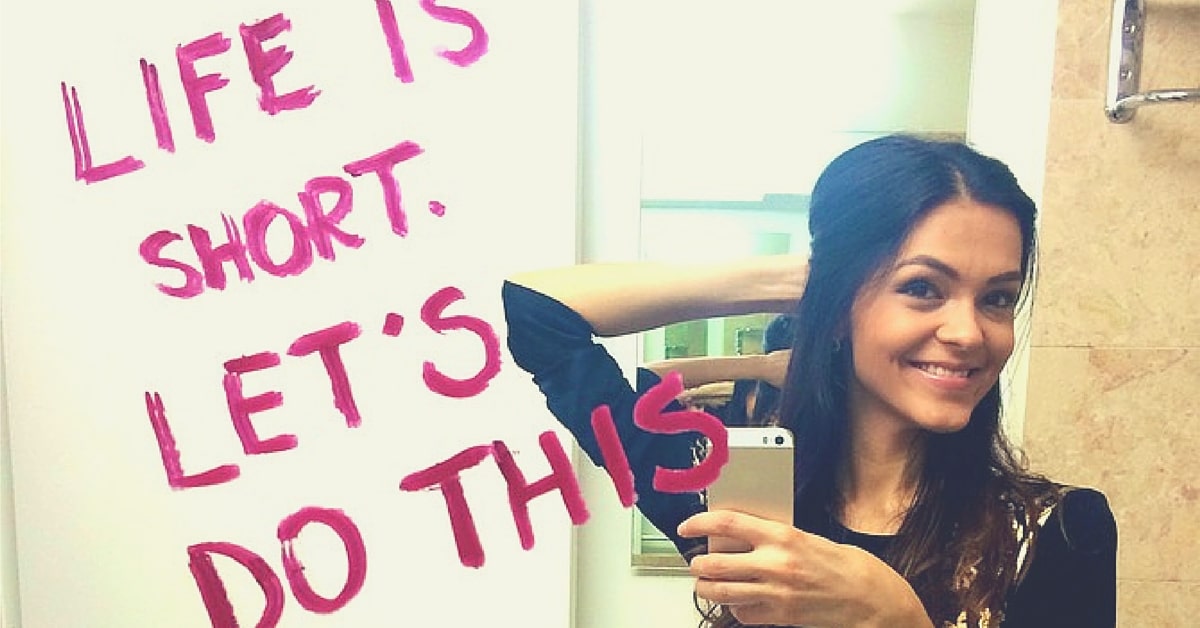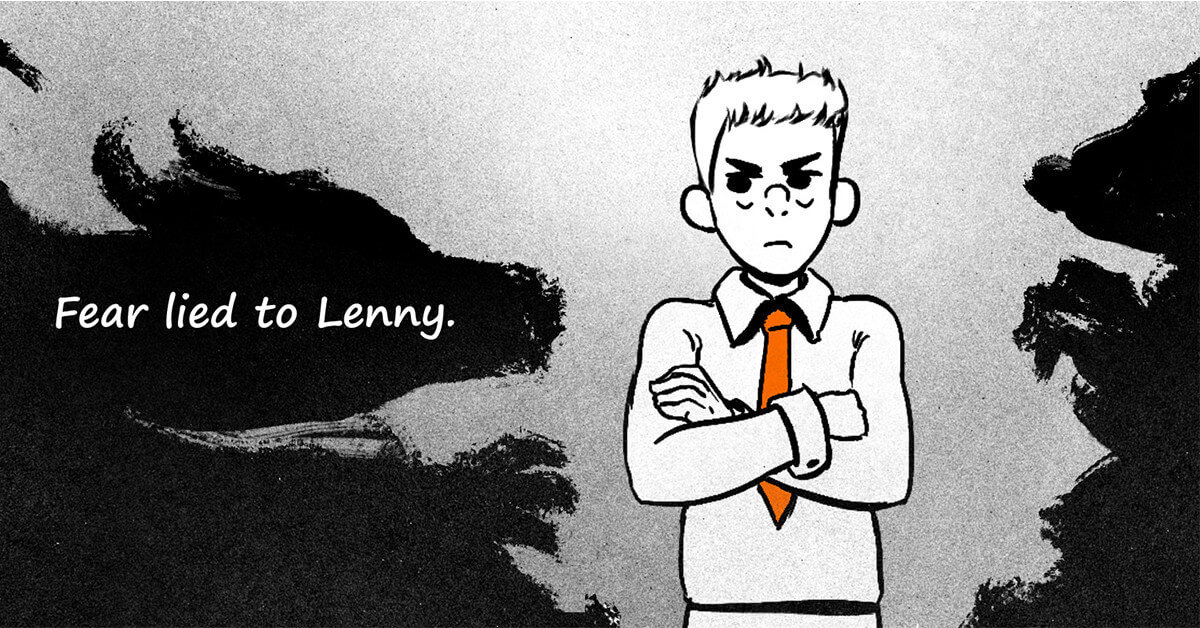You just got the rejection letter and you are crushed. Is there a chance you can get a job offer? Slim to none – but a chance. Here’s how.
You get the interview rejection letter. It can destroy your motivation if it’s your dream job and the process went on for a while.
There is a slim-to-none chance you can still receive a job offer, though. It might be low, but at least there is a chance.
There are so many variables including employment law and organizational policy that play into this situation. There is a chance you could receive a job offer, but it is highly unlikely in most cases.
Here are a few reasons you might get a job offer after an interview rejection letter.
1. Candidate Rejects Offer
The first candidate does not accept the offer. This is terrible on the organization to send a rejection letter until there is a final candidate for the role. I see it happen often, and it is always due to the organizational process.
Be aware though that a rejection letter is typically sent quickly when a candidate does not fall into the top percentage of applicants or disqualified for a job offer. The latter can happen for a multitude of reasons.

2. Background or Verification Failed
If the first candidate does not pass the employment verification process, there is a chance you could receive an offer after the rejection letter. Again, this is a component of an organization’s process. Ideally, a background check is completed before a candidate starts in the position.
Because of the time and expense of the background and verification process, many organizations will make an offer contingent on background checks and verification. Background and audit processes often occur while the candidate is starting the position.
If anything fails in the background or verification, the applicant may not qualify for the position. This is based on the organizational policies, role, function and candidate responses for pre-verification and background screening. If this happens, companies may immediately reach out to other candidates to determine continued interest.
3. First Candidate Doesn’t Last in Role
If the first candidate stays in the role only a short time and leaves – either voluntarily or involuntarily, there might be a job offer made to the candidate who was next in line. There are employment laws and company policy that determine if and when this is possible.

Keep Networking After the Rejection Letter
Keep networking and in contact with the hiring manager or recruiter if you want to work with the company and stay informed about trends in talent acquisition.
Try and get feedback as to the reason you received a rejection letter (this might not be possible based on laws and company policy), then work to grow in that direction. In your next application show that you took action for your career promotion based on their specific feedback. Learn how to make the perfect resume by using our step-by-step guide. Reinvent your resume and brand!
Above all else – never lose confidence in yourself.
Keep Reading: A ‘Comic’ Tale Showing How Fear of Imperfection Destroys Success and What to Do
Related Solutions to Help in Your Career and Job Search
Kris Fannin
Kris Fannin is a passionate change agent in workforce transformation. For more than 25 years, he's had the privilege of partnering with dozens of client organizations and leading hundreds of teams to become powerful influencers.
"Your legacy will be defined by the passion and impact of the people you influence. What do you want your legacy to be?"



